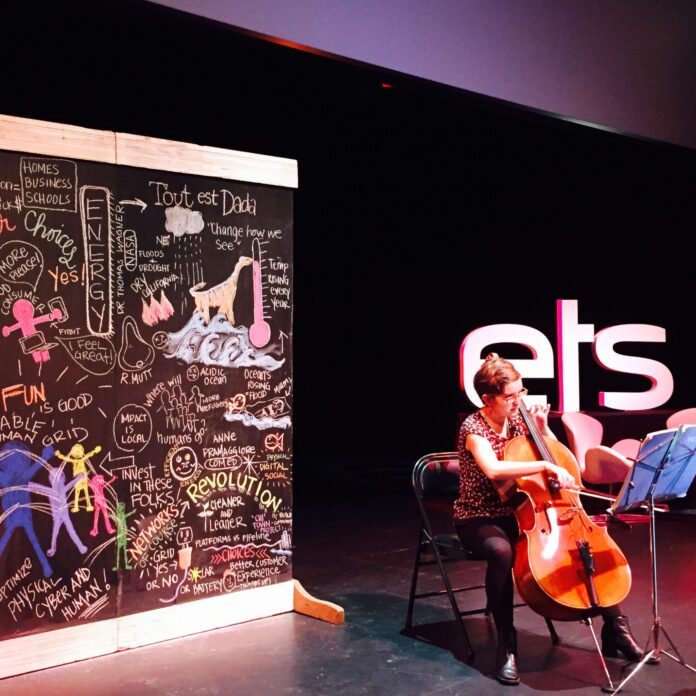Tom Wagner: ‘We’re literally returning to dinosaur times’
AUSTIN, Texas – The long-term impacts of climate change could flood coastal cities, upend agricultural production models and displace millions of people if we don’t make immediate changes to our energy consumption.
That was the message from Tom Wagner, a NASA program scientist, during the 2016 Energy Thought Summit.
In his presentation, Wagner tied together dinosaurs, the Syrian refugee situation and the controversial Dadaism art movement through the lens of climate change. Wagner likened the earth to a 1970s stereo system with lots of knobs, carbon dioxide representing the big knob and earth’s temperature as the music.
“We have AC/DC blasting through the speakers right now,” Wagner said. “The planet is getting so warm … we’re literally returning to dinosaur times.”
Wagner said current carbon dioxide levels are approaching the same level as 65 million years ago when Antarctica was a tropical place. The Syria example is meant to quantify human displacement associated with a “conservative” estimate of three-feet of sea level rise.
“You displace 145 million people and do trillions of dollars of economic damage,” Wagner said. “Think of what happened with 4 million Syrian refugees. So, one Syria every four years in terms of number of people moving around.”
Now, the Dadaism tie-in: “It changed the way we look at art,” Wagner said, referencing the avant-garde school also called anti-art. “I think we need to have a similar change in how we look at climate change.”
It’s not an “existential threat,” it’s happening now, Wagner stressed, encouraging a focus on the near term and generating “the social will to deal with the long term.”

